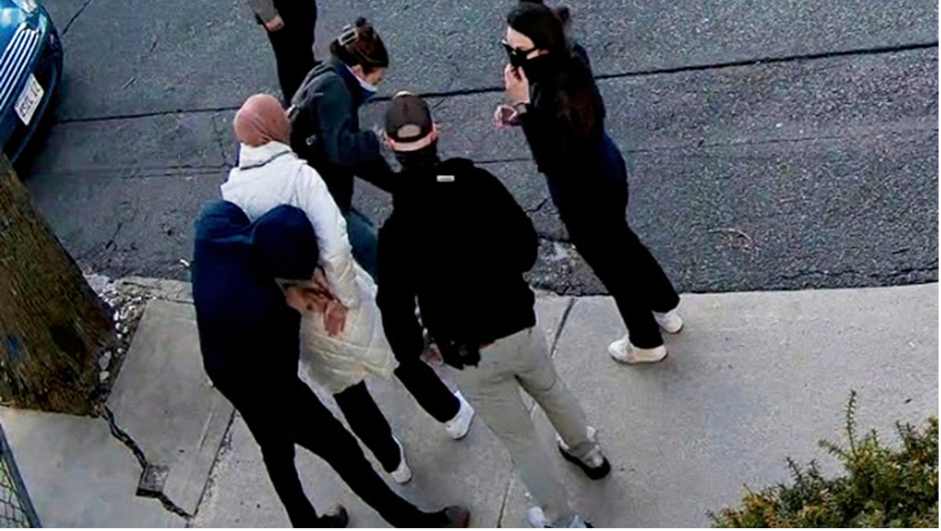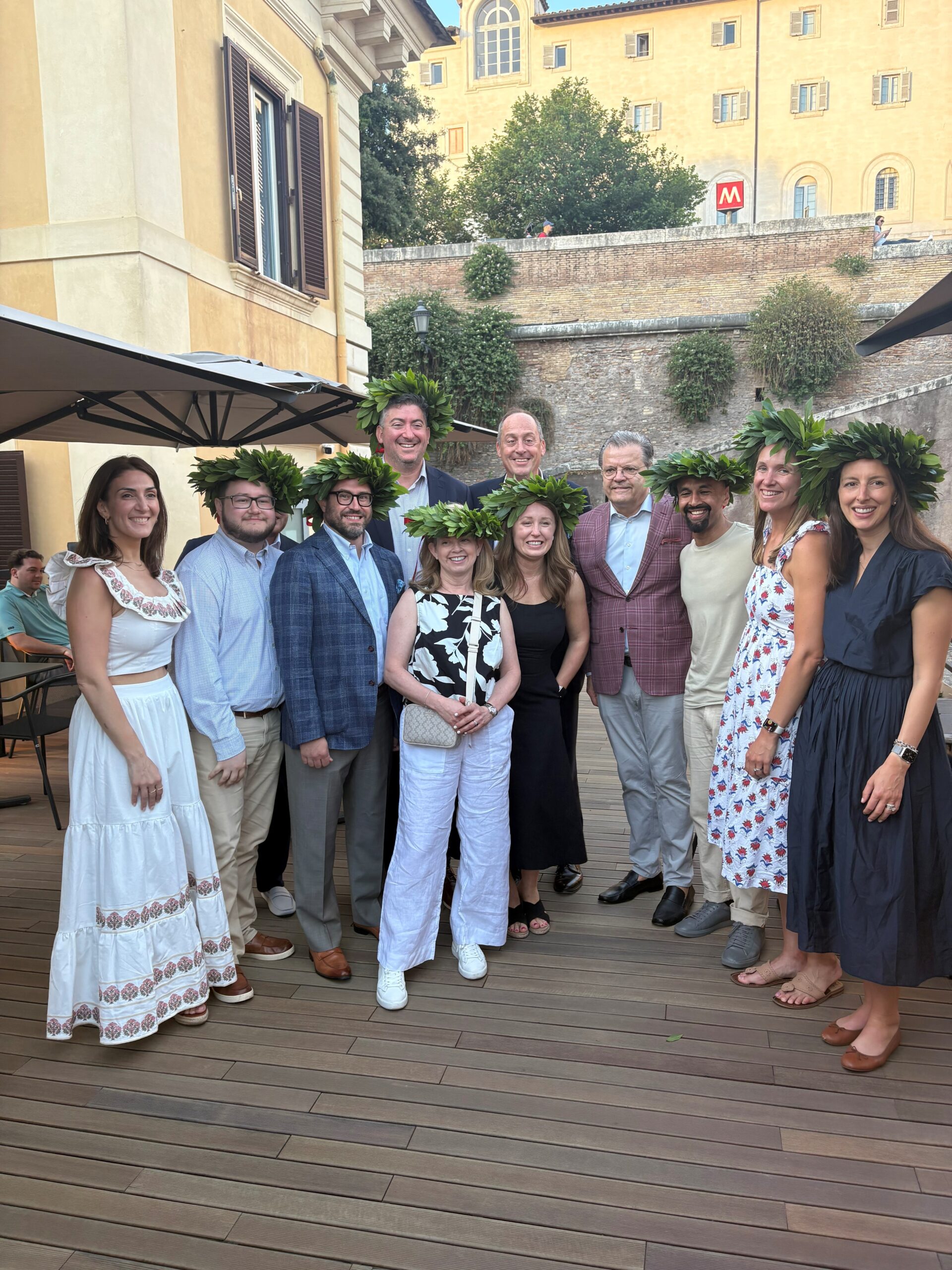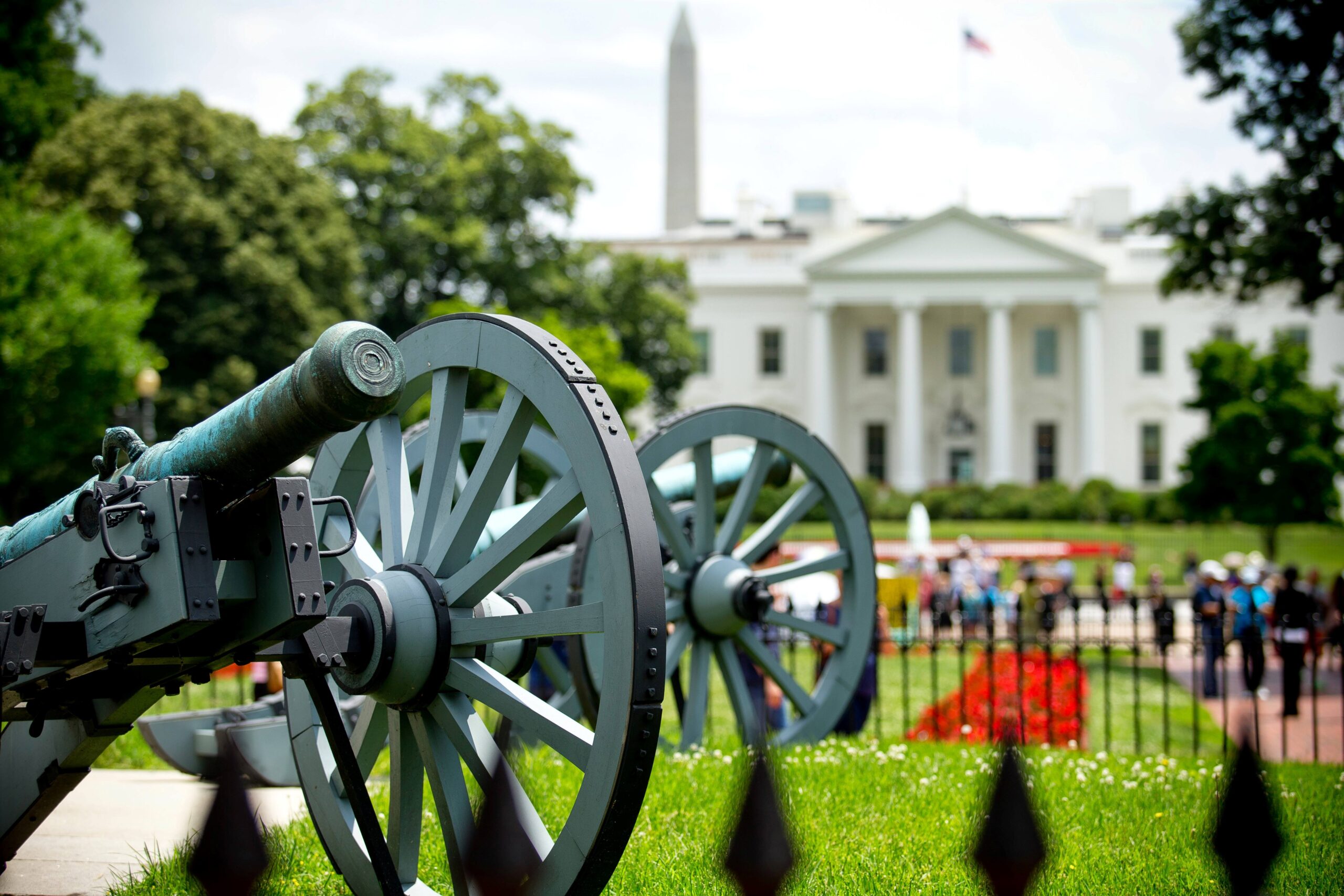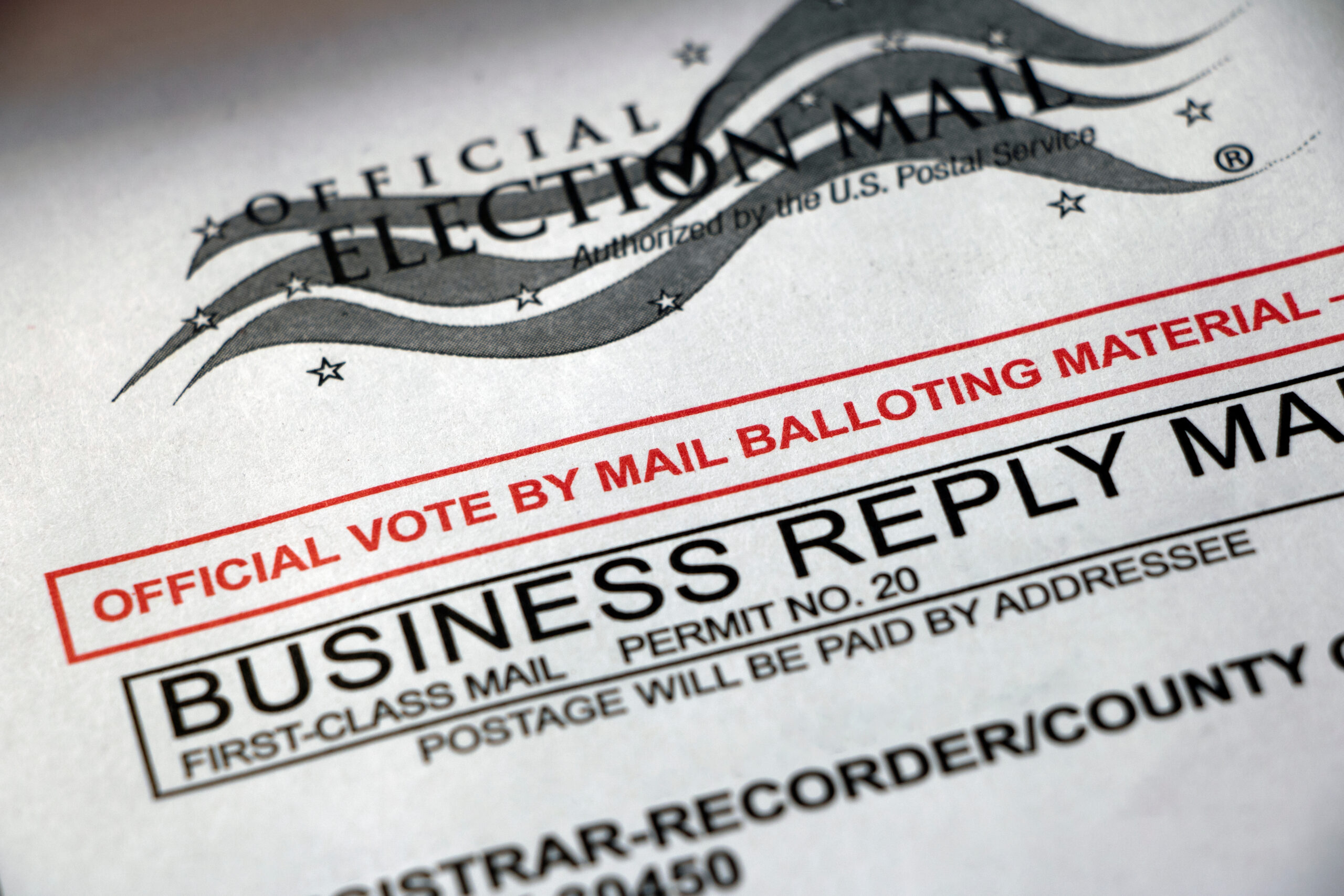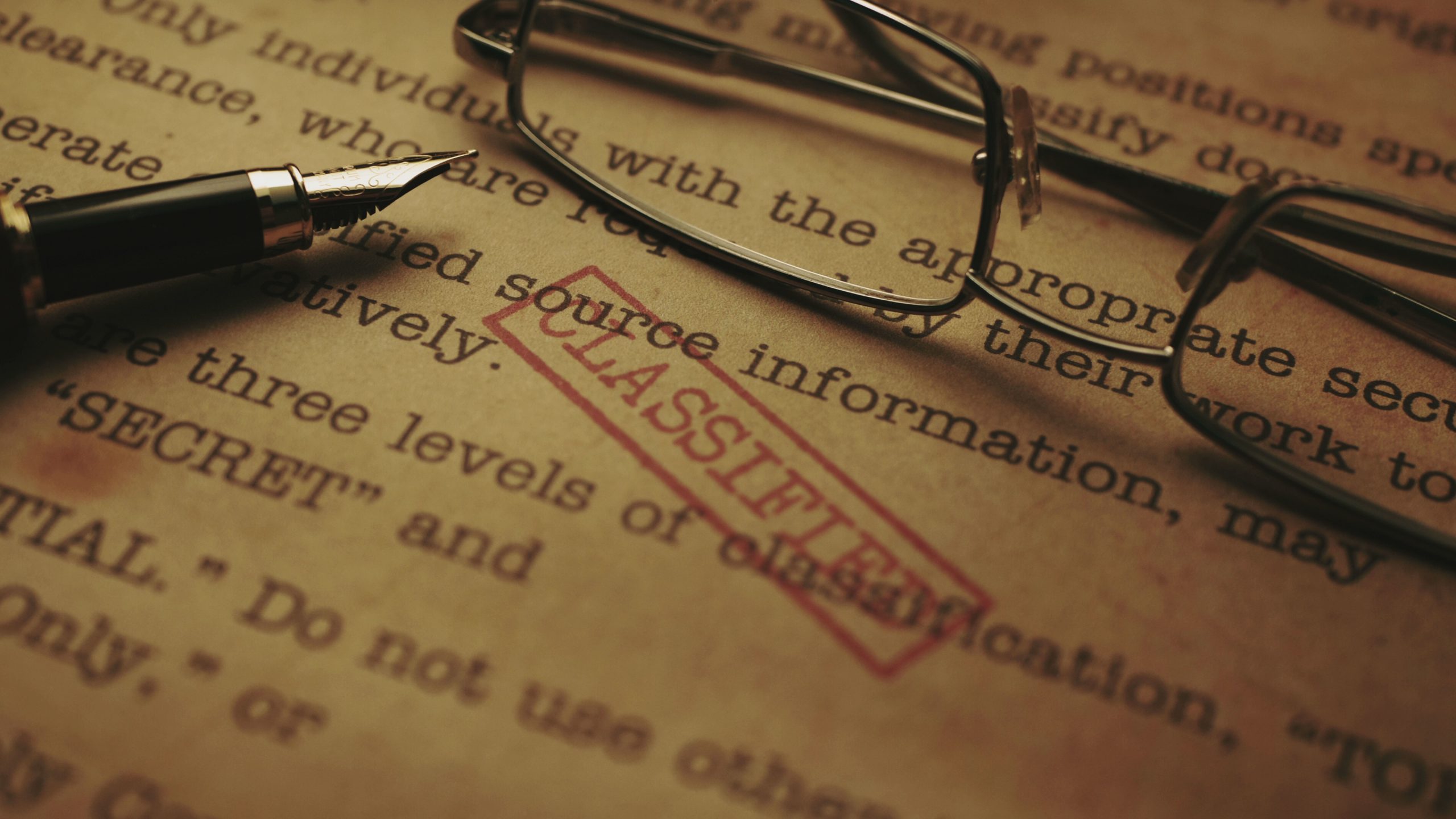1L Grades Have Dropped: Now What?
You made it through half of your 1L year, you (hopefully) had some rest and rejuvenation away from law school, and now we have ruined it all by posting your grades right before you had to jump into your second semester. Sorry about that. Now that you have had a few days to freak out, look at your grades, freak out again, and sleep on it a couple of nights, here are a few thoughts from someone who has seen a lot of students go through this. Most importantly, as I tell my students every fall after they take the exam, law school exams do not indicate how smart you are or how good a lawyer you are going to be. Law school exams evaluate specific skills that you are still very much in the process of learning. If you had me for Contracts, that grade tells you how you did on issue-spotter essays about contracts and Muppets on one day in December. I know that your grade feels incredibly consequential, but it is one …





